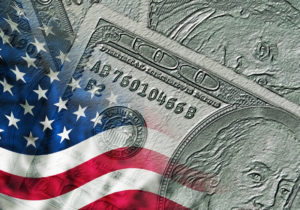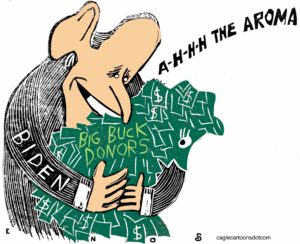Big Money Polices Itself
The Department of Justice has shied away in recent years from chasing down white-collar crime, relying instead on "deferred prosecution agreements," which essentially have allowed companies, financial institutions especially, to investigate and report their own wrongdoing.
The Department of Justice has shied away in recent years from chasing down white-collar crime, relying instead on “deferred prosecution agreements,” which essentially have allowed companies, financial institutions especially, to investigate and report their own wrongdoing.
Companies are encouraged to look into and correct their own problems, and after promising Big Brother never to do it again, often avoid litigation altogether. –BF
Your support matters…The New York Times:
Federal prosecutors officially adopted new guidelines about charging corporations with crimes — a softer approach that, longtime white-collar lawyers and former federal prosecutors say, helps explain the dearth of criminal cases despite a raft of inquiries into the financial crisis.
Though little noticed outside legal circles, the guidelines were welcomed by firms representing banks. The Justice Department’s directive, involving a process known as deferred prosecutions, signaled “an important step away from the more aggressive prosecutorial practices seen in some cases under their predecessors,” Sullivan & Cromwell, a prominent Wall Street law firm, told clients in a memo that September.
The guidelines left open a possibility other than guilty or not guilty, giving leniency often if companies investigated and reported their own wrongdoing. In return, the government could enter into agreements to delay or cancel the prosecution if the companies promised to change their behavior.
But this approach, critics maintain, runs the risk of letting companies off too easily.
Independent journalism is under threat and overshadowed by heavily funded mainstream media.
You can help level the playing field. Become a member.
Your tax-deductible contribution keeps us digging beneath the headlines to give you thought-provoking, investigative reporting and analysis that unearths what's really happening- without compromise.
Give today to support our courageous, independent journalists.






You need to be a supporter to comment.
There are currently no responses to this article.
Be the first to respond.